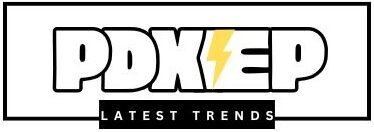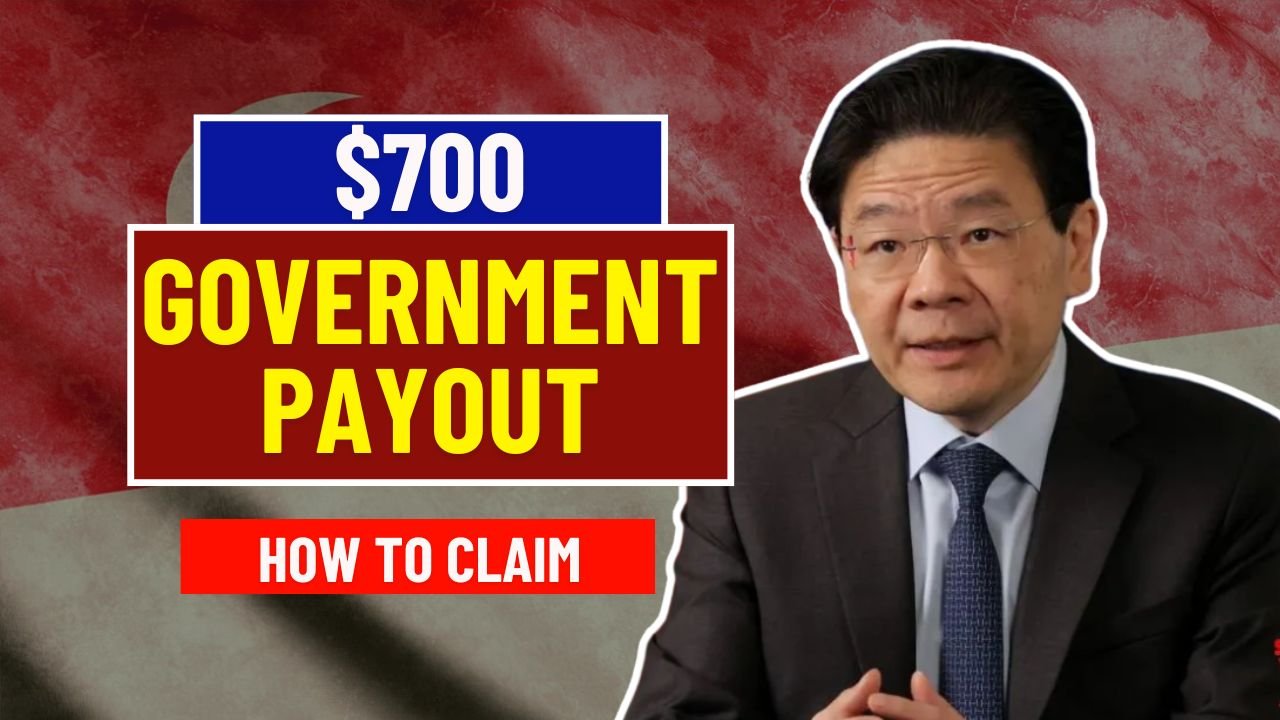In April 2025, Singapore is set to distribute a significant $700 government payout as part of the Assurance Package, offering essential financial assistance to citizens who meet specific criteria. This payout aims to alleviate the financial burdens faced by lower and middle-income groups, especially amidst rising living costs. Here’s everything you need to know about this support program, including eligibility details, payment schedules, and steps for claiming your payout.
Overview of the $700 Payout Scheme in Singapore
The $700 cash payout is part of Singapore’s broader effort to provide relief under the Assurance Package (AP). The initiative seeks to support Singaporean citizens, particularly those from lower-income households, in coping with inflation, higher utility costs, and other economic challenges. By focusing on easing financial strain, the government hopes to help families manage their daily expenses more effectively. As a key part of this financial relief strategy, the $700 payout will be made available to eligible citizens in April 2025, with payments processed through PayNow or other banking methods.
Who Is Eligible for the $700 Government Payout?
Eligibility for the $700 payout hinges on several criteria. To qualify for the payout, applicants must be Singapore citizens and aged 21 years or older by 2025. They must also have an Assessable Income (AI) of up to S$34,000 for the Year of Assessment 2023. Furthermore, applicants should own no more than one property. Those who meet these criteria will be eligible for the payout, with the payout amount varying based on income and property ownership.
For citizens with an AI of S$22,000 or less and one or no properties, the full S$700 payout will be provided. If the AI falls between S$22,001 and S$34,000, the payout will be S$600. For those with an AI between S$34,001 and S$100,000, the payout will be S$350. Citizens who have an AI exceeding S$100,000 or own more than one property will not be eligible for the payout.
How Much Will You Receive and When?

The payout amount is determined by the applicant’s Assessable Income and property ownership. If your AI is S$22,000 or below and you own no more than one property, you will receive the full S$700. For individuals with an AI between S$22,001 and S$34,000, the payout will be reduced to S$600. If your AI is between S$34,001 and S$100,000, you will receive S$350. Those who have an income higher than S$100,000 or own more than one property are excluded from this payout.
The Ministry of Finance has confirmed that the payouts will be disbursed in April 2025. While the specific date of disbursement may vary slightly depending on bank processing times, most eligible recipients will have the funds credited directly to their bank accounts that are linked to PayNow-NRIC. If you haven’t linked your PayNow account, the payout will be sent via GovCash or cheque, though this may take longer.
How to Check Your Eligibility and Payout Status
To confirm whether you are eligible for the payout, visit the official Assurance Package portal at go.gov.sg/assurancepackage. By logging in with your Singpass, you can quickly check your eligibility, the expected payout amount, and verify your bank details. If you haven’t yet linked your account to PayNow-NRIC, it is highly recommended to do so, as this will ensure that your payout is processed faster.
The portal also provides the option to update personal details, making it easier for recipients to ensure that their payout is processed smoothly. By regularly checking the portal, you can avoid any delays and ensure you receive your payout promptly.
What If You Don’t Receive the Payout?
If you believe you are eligible for the payout but have not received the funds by the end of April 2025, you can file an appeal. First, check your eligibility on the Assurance Package portal. If you are still eligible but have not received the payout, you can submit an online appeal through the portal. As part of the appeal, you will need to provide supporting documents such as your IRAS Notice of Assessment or proof of property ownership if applicable. Appeals are typically processed within 15 working days, and for assistance, you can reach out to the Citizens’ Connect Centre at 1800-222-8888.
Real-World Impact of the $700 Payout
For many Singaporeans, the $700 payout is not just a small financial aid; it is a crucial support that helps them manage everyday expenses. Take the case of Mr. Lim, a 45-year-old administrative officer earning S$2,400 per month. He received the S$700 payout in 2024, which he used to cover essential costs, including utility bills, grocery shopping, and school fees for his child. According to Mr. Lim, “It’s not just a small help it’s a big relief during tough months.”
The payout has made a tangible difference in the lives of many Singaporeans, providing essential financial relief in the face of rising inflation and the Goods and Services Tax (GST) increase. It serves as a critical component of the government’s strategy to ease the economic pressures felt by lower- and middle-income households.
Additional Financial Support in 2025
In addition to the $700 payout, Singaporeans may also be eligible for other forms of financial assistance under the Assurance Package. These include CDC Vouchers, which provide up to S$600 in total across 2024 and 2025, U-Save rebates of up to S$760 per year to assist with utility bills, and MediSave top-ups ranging from S$150 to S$450, depending on age and income.
These schemes are designed to work in tandem, providing comprehensive support to Singaporeans, especially those facing economic challenges. The government’s continued focus on financial relief underscores its commitment to helping citizens navigate inflation and rising costs of living.
The April 2025 payout is a key element of Singapore’s Assurance Package, aimed at providing essential financial relief to those in need. Through targeted assistance and additional benefits such as CDC vouchers and utility rebates, the government continues to support its citizens during these challenging economic times. By ensuring that citizens are aware of their eligibility and how to claim their payouts, the government is taking proactive steps to ease the financial strain faced by households.

